Affiliate links on Android Authority may earn us a commission. Learn more.
How the iPhone's reveal 10 years ago today changed Google forever
Published onJanuary 9, 2017
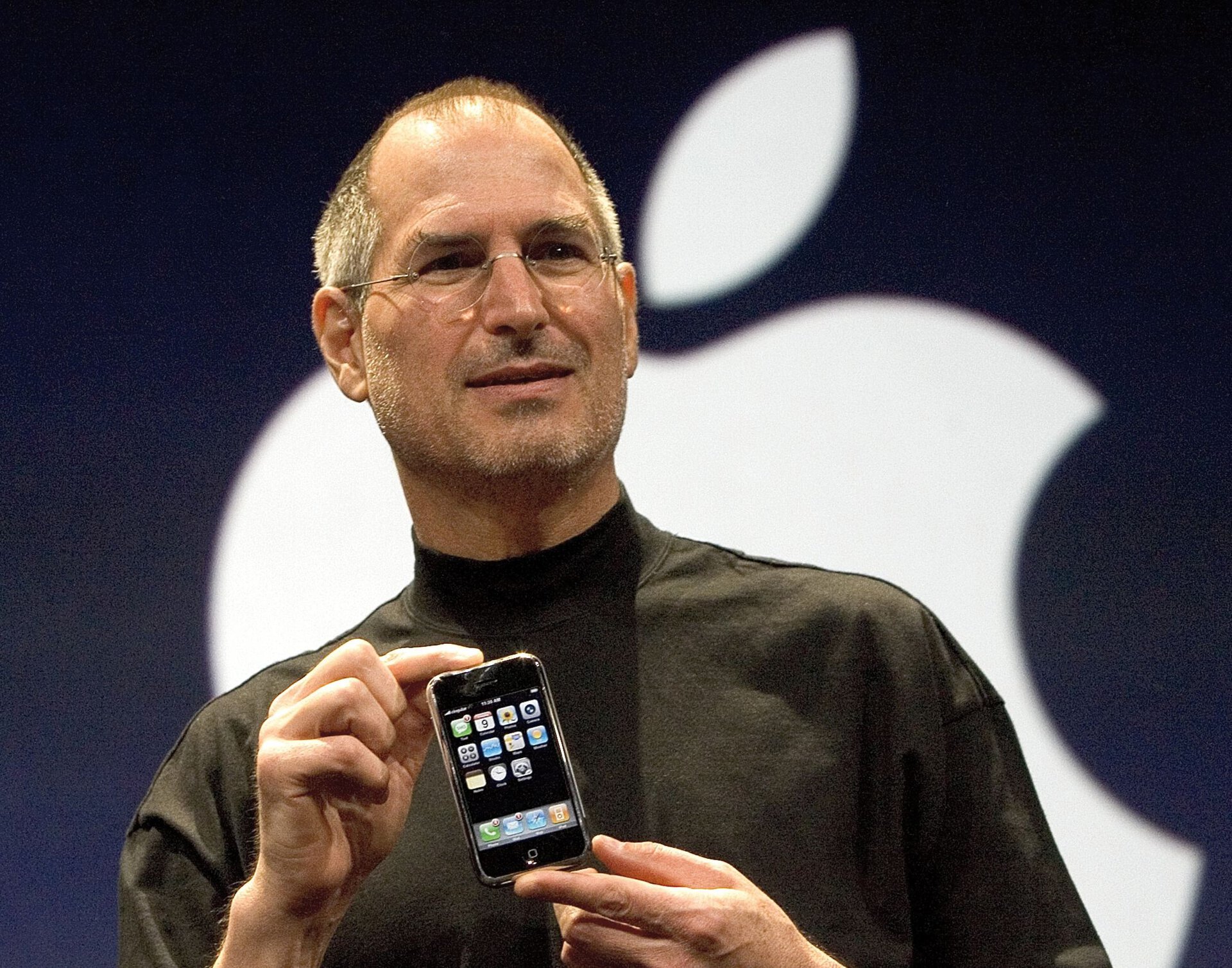
On January 9, 2007, a crowd gathered at the yearly (and now defunct) Macworld conference in San Francisco to hear the latest keynote speech from Apple’s late co-founder and CEO Steve Jobs. As it turned out, the speech may have been the biggest one of his life, and the largest announcement in Apple’s history. Jobs first revealed and demoed what had been rumored for months; Apple’s first mobile phone, the iPhone.
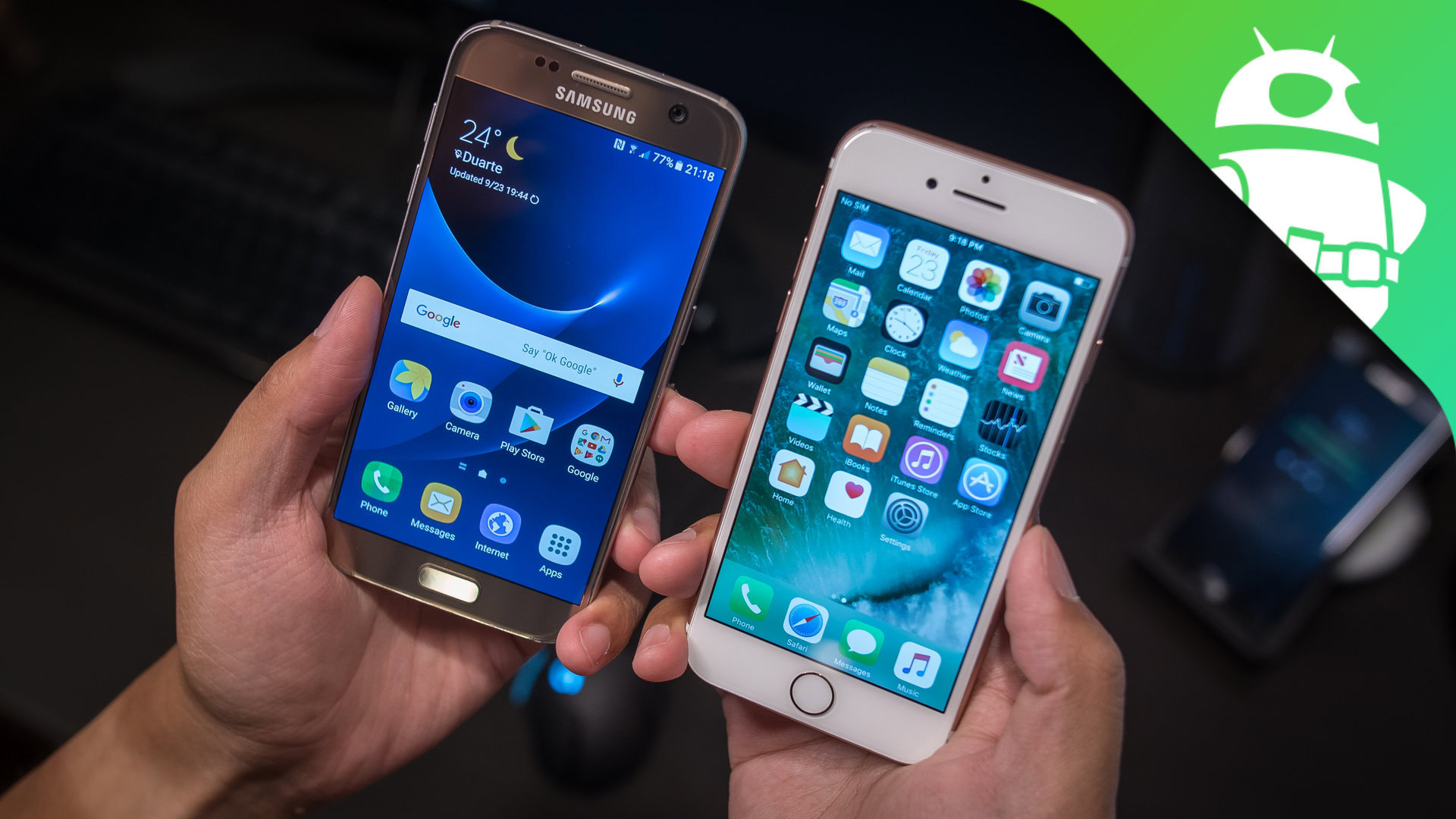
From the beginning, people knew that the iPhone would be a huge game changer for Apple, and for the mobile phone industry and for computing in general. The phone itself, which went on sale in June 2007, was an instant hit. The combination of a mobile phone combined with its touchscreen-based iOS operating system made features that were once considered advanced more accessible to the average consumer.
The iPhone led to many changes in the mobile phone industry
The iPhone led to many changes in the mobile phone industry. It arguably was the beginning of the end for BlackBerry and Nokia in terms of their dominance; both have ended their own in-house production of smartphones in the past decade. Microsoft tried and failed to get a mobile version of Windows to be accepted into the mass market. However, the biggest effect with the launch of the iPhone was definitely on Google.
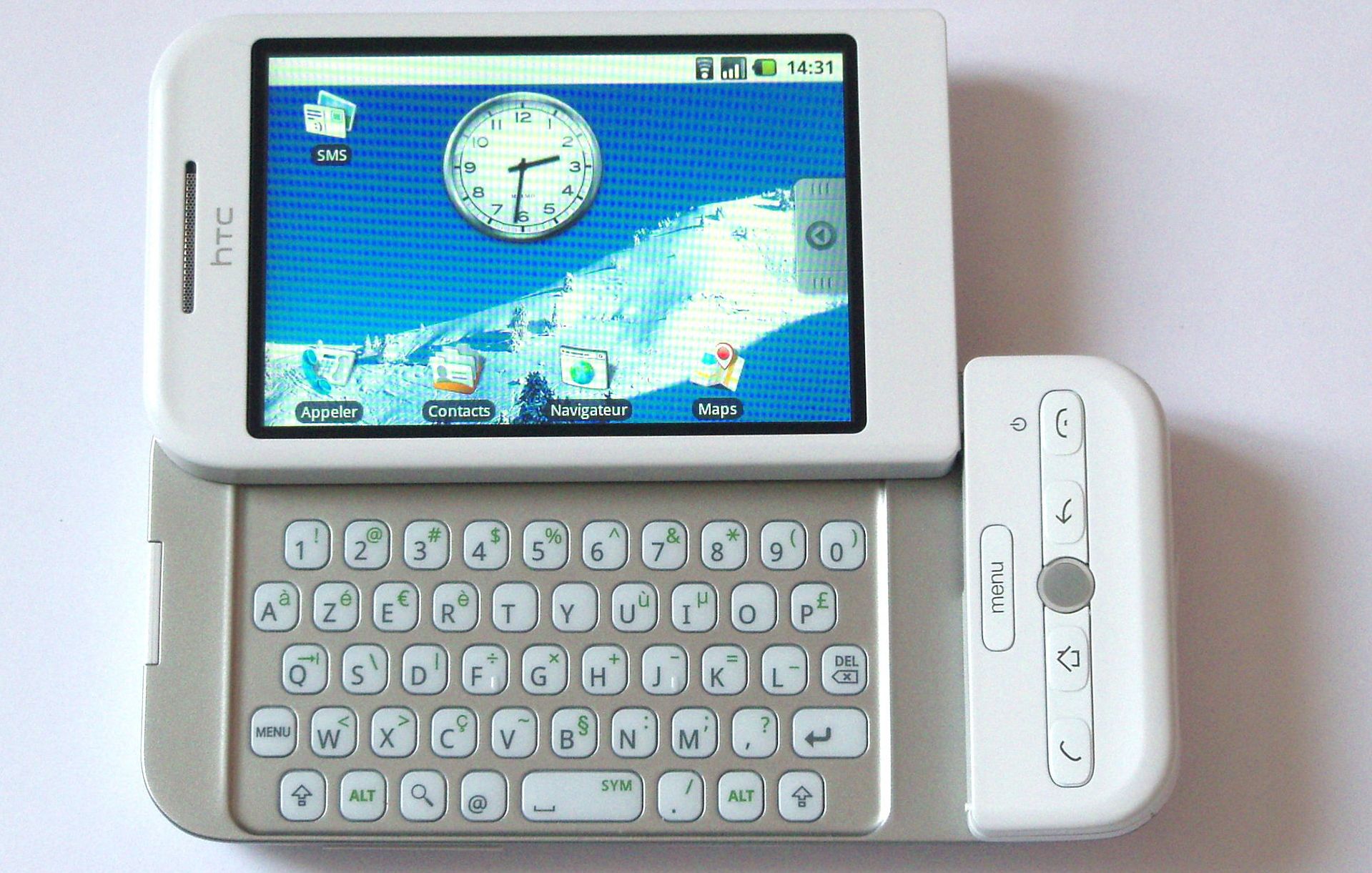
On November 7, 2007, Google, along with a number of other companies like HTC, Motorola and Qualcomm, first revealed the Open Handset Alliance. The announcement was based on using Android, an OS that Google acquired two years earlier in 2005, as the basis for an open-sourced mobile device ecosystem. It was a blatant and direct challenge to Apple’s closed system for the iPhone and iOS. Google wanted to have as many hardware and software companies as possible to create devices and apps for Android. The first Android smartphone, the HTC Dream, went on sale less than a year later in October 2008.
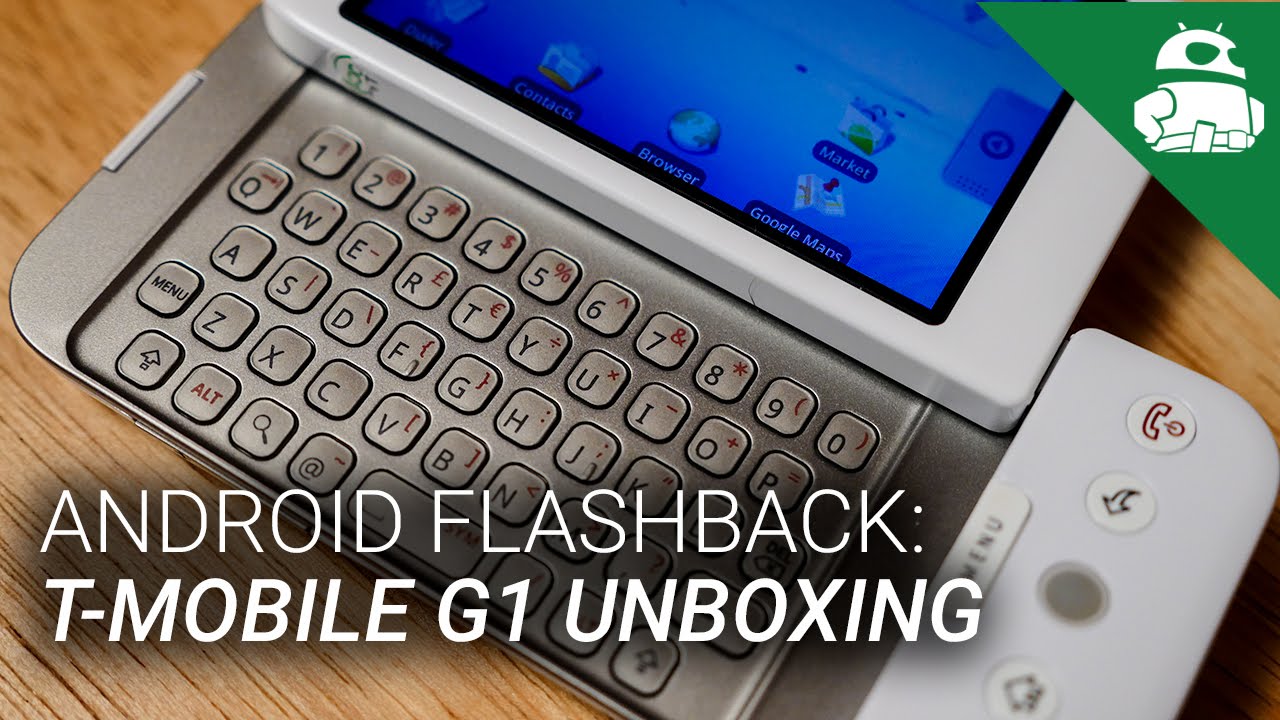
It's clear that the iPhone was a big influence on Google behind the scenes
While Google may have been developing Android before the launch of the iPhone, it’s clear that Apple’s device was a big influence on the company behind the scenes. The success of the iPhone proved there was a market for a smartphone to consumers, but the advantage of Android was that it could allow smartphone makers to create phones that were priced lower than Apple’s product, while still having many, if not most, of the same features. At the same time, it also allowed hardware makers to innovate and put in features in their phones that were more advanced than the iPhone, including larger displays, which Apple finally decided to offer to iPhone customers just a couple of years ago.
Google turned from an internet search company into the single biggest force in the smartphone industry
Even though Android faced competition from other smartphone operating systems when it first started in 2008, such as Nokia’ Symbian, BlackBerry’s OS and Microsoft Windows Mobile/Windows Phone, its similarities to the iPhone’s iOS, combined with its open-source platform, began to attract more and more hardware companies and smartphone app creators. The end result is that with the launch of Android, Google turned from an internet search company based on the PD platform into the single biggest force in the smartphone industry. It blew away most of its rivals, and now Apple and its iOS ecosystem are the only real competition it has. Android is currently used by the majority of smartphone owners worldwide, often by a wide margin in many countries.
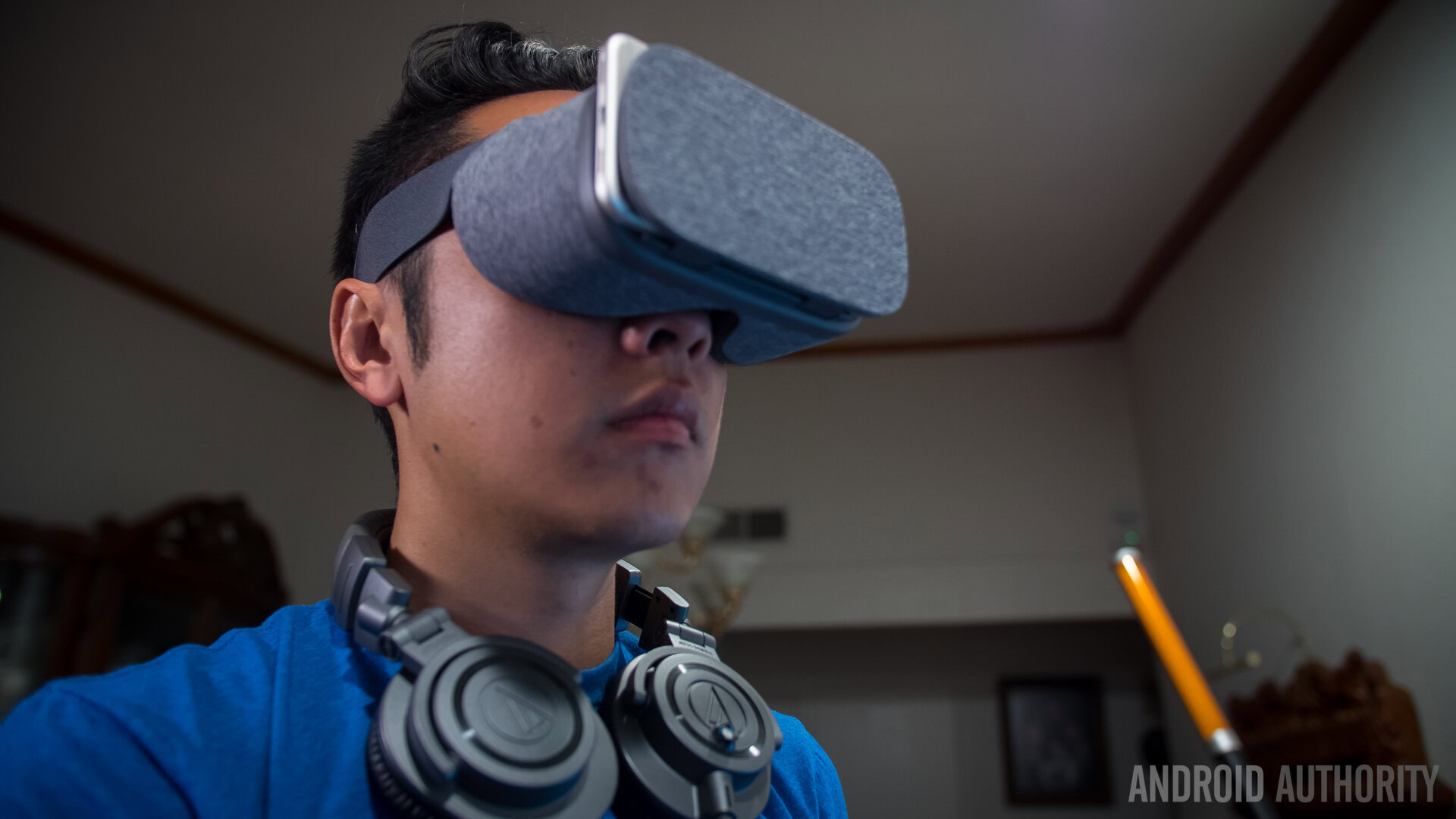
Google has used the boost from Android to enter into other areas as well. It has launched its own branded smartphones under the Nexus and Pixel brands, and it has expanded the Android OS into other devices, including Android Wear, Android TV and Android Auto. It has started entering the virtual reality space with Daydream, and the AR market with Tango, both of which are markets that Apple has yet to fully embrace. It’s just beginning to allow Android apps to run on its Chrome OS and Chromebooks, which again Apple doesn’t seem to be interesting in doing with iOS apps running on its MacBooks.
Let’s also not forget that many of Google’s apps and services are also available on iOS as well. Google Maps is likely still the preferred method of navigating on the iPhone, even with Apple’s own Maps app. Gmail, YouTube and the Google search app are also among the most used apps on both the iPhone and iPad. Google may have Android, but the company still knows there are a lot of iOS users that will want direct access to its products.
Google may have Android, but the company still knows there are a lot of iOS users that will want direct access to its products
That’s not to say that Google doesn’t face challenges in the smartphone space. Most of them are of its own design. The fragmentation of the Android OS is well known, and it would seem like it will be a herculean task to change that. Android is also more open to malware attacks than iOS, thanks in part to its more open platform that allows people to more easily install apps without the need of the Google Play Store.
However, for the moment it would appear that Android has a stranglehold on the smartphone industry, and it isn’t going to be letting go anytime soon. While Apple’s iPhone may have launched out of the gate first, 10 years ago today, it didn’t take long for Google and its hardware partners to expand on Apple’s ideas and features and launch an OS that is now the leader worldwide.
What are your thoughts and opinions on the iPhone’s introduction 10 years ago? Let us know your thoughts in the comments.